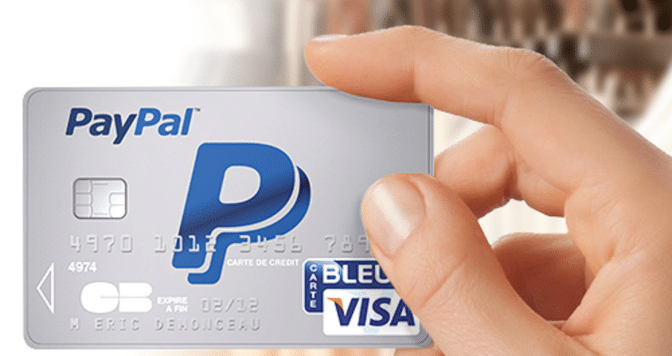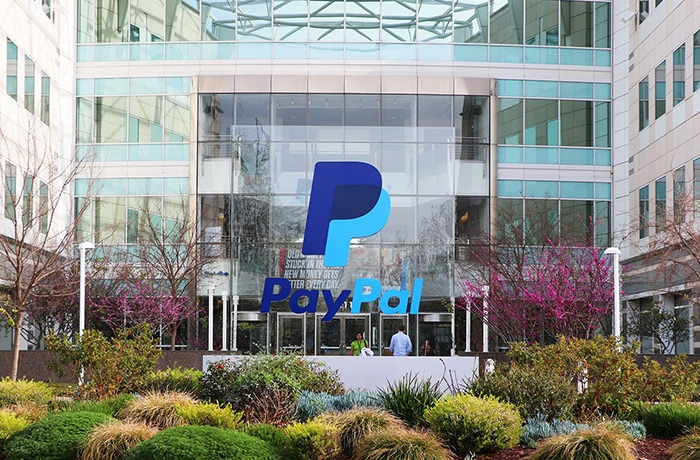Nowadays PayPal has almost become the equivalent of traditional online payments. The renowned platform was considered revolutionary when it first came into existence, and since then, users have been taking advantage of it for making monetary transactions.
What separated PayPal from conventional bank transfers was that every action was completed online without the need for invasive checks and long processing times. In fact, the free payment processing service only required the presence of a valid account on both the sender and receiver’s end. That’s pretty much as straightforward as it gets.
Another excellent advantage of companies like PayPal is that they are highly recognized globally, making it easy for them to integrate further third-party platforms. Not only does this help in growing their influence, but it also makes the entire shopping experience more pleasurable and trustworthy.
But, there are also a few things that we can’t seem to escape when thinking about PayPal and other such companies. While the advantages are there, the technology available nowadays gives us alternatives, and a decentralized system could turn what we know upside down.
IMAGE: PAYPAL
Diverging Business Models
We all know PayPal as an online payment processor which conveniently features a prepaid debit card service as well, in partnership with the renowned MasterCard. From all angles, we could go as far as saying that PayPal operates like a credit card company, where a particular firm offers a convenient means of payment. The unique primary proposition provided by companies such as PayPal is anonymity: protecting its customers’ credit card or bank information.
Once upon a time, going back to the first months and years of PayPal’s operation, the platform was designed to protect customers in conducting online transactions. In other words, the aim was to offer a safe space for buyers and consumers who did not know each other.
What made the company gain any profit was the 3% transaction fee taken from the seller’s side of the transaction. While this might not seem like a lot, it constituted a much higher than average profit margin for a payment processing service. Here’s an example:
Amount sentTransaction feePayPal profit
| $100 | 3% | $3 |
| $1,000 | 3% | $30 |
| $10,000 | 3% | $300 |
Another thing to bear in mind is that PayPal collected only 3% if customers paid for items directly from funds in their PayPal account, instead of making use of a credit card such as Visa and using PayPal as a bridge or pass-through service. Of course, this was meant to provide customers with a higher incentive in having PayPal accounts and money stored in it.
Ultimately, the PayPal “movement” grew, despite the high processing fees, and while you might know PayPal as the service behind businesses like eBay, there are many other industries where this online payment processing alternative has made waves. According to studies, the wellness, healthcare, retail, information technology, entertainment and other sectors are all using PayPal in one way or the other.
Stopping to discuss the entertainment side of things it’s noteworthy that online casinos are not all created equal, and trying to find the best service for your money can be tricky. With a plethora of options available out there, here is a short list of casinos that accept PayPal deposits.
The Price Of Convenience
Setting up a PayPal account is easy and free of charge. On top of that, it works in most countries of the world, which gives both individuals and small businesses an excellent incentive to use it. Plus, when searching for the list of their transaction fees, it might seem that paying the 2.9% is not as bad as other services.
However, when taking a closer look at what PayPal and other such businesses offer, there are a lot of hidden fees that tally up. After all, big corporations like making money, and at the end of the day, PayPal fees aren’t as favorable as you might think on the surface.
Another hard pill to swallow is that PayPal doesn’t offer any type of receipt for the fees they charge or any changes that might happen overnight. In fact, you shouldn’t expect a breakdown on your profile either, so be sure to hire an expensive accountant if you want to get to the bottom of what goes in and out of your account.
And then there’s the problem of companies like PayPal holding payments for a variety of reasons. Of course, you’ll never be given a proper justification, just that it’s under review and that it will take time to clear. Sometimes, they even require more information (i.e., bank statement or utility bill), but this seems one step further away from the initial anonymity that PayPal was advertising, and the community doesn’t seem too happy about it.
Last but not least, PayPal and other processing services teach us that we are lucky to live in countries where they are supported, while Iraq, Bangladesh, Pakistan, Afghanistan aren’t that lucky.
Put Your Money Where Your Mouth Is
While PayPal has become a giant in the world of online money transfers, it is not the only company that’s growing. Case in point, the industry is continually searching for innovations that can change the face of everyday transactions, and major players are starting to make their presence know. With a lot of room for other competitive services, we can’t help but mention a few:
- Google Wallet
- Stripe
- Skrill
- Payoneer
- Wepay
When comparing these names with PayPal, the main thing to take away is that the latter is a substantial multi-service platform that has been around for generations. Unfortunately, competitors are not as diverse and prominent as PayPal, but that could soon change. While Stripe focuses on online businesses and helping start-ups, Payoneer Inc. is the face of online shopping. Of course, Google Wallet or Payza are more comprehensive in their approach and bring something unique to the table –depending on your individual or business requirements.
Ultimately, what PayPal and other companies teach us about money is that there are alternatives, meaning that we won’t need to ever settle for inconvenient transfer fees, restricted accounts, or country limitations.
If you are interested in even more business-related articles and information from us here at Bit Rebels then we have a lot to choose from.


COMMENTS